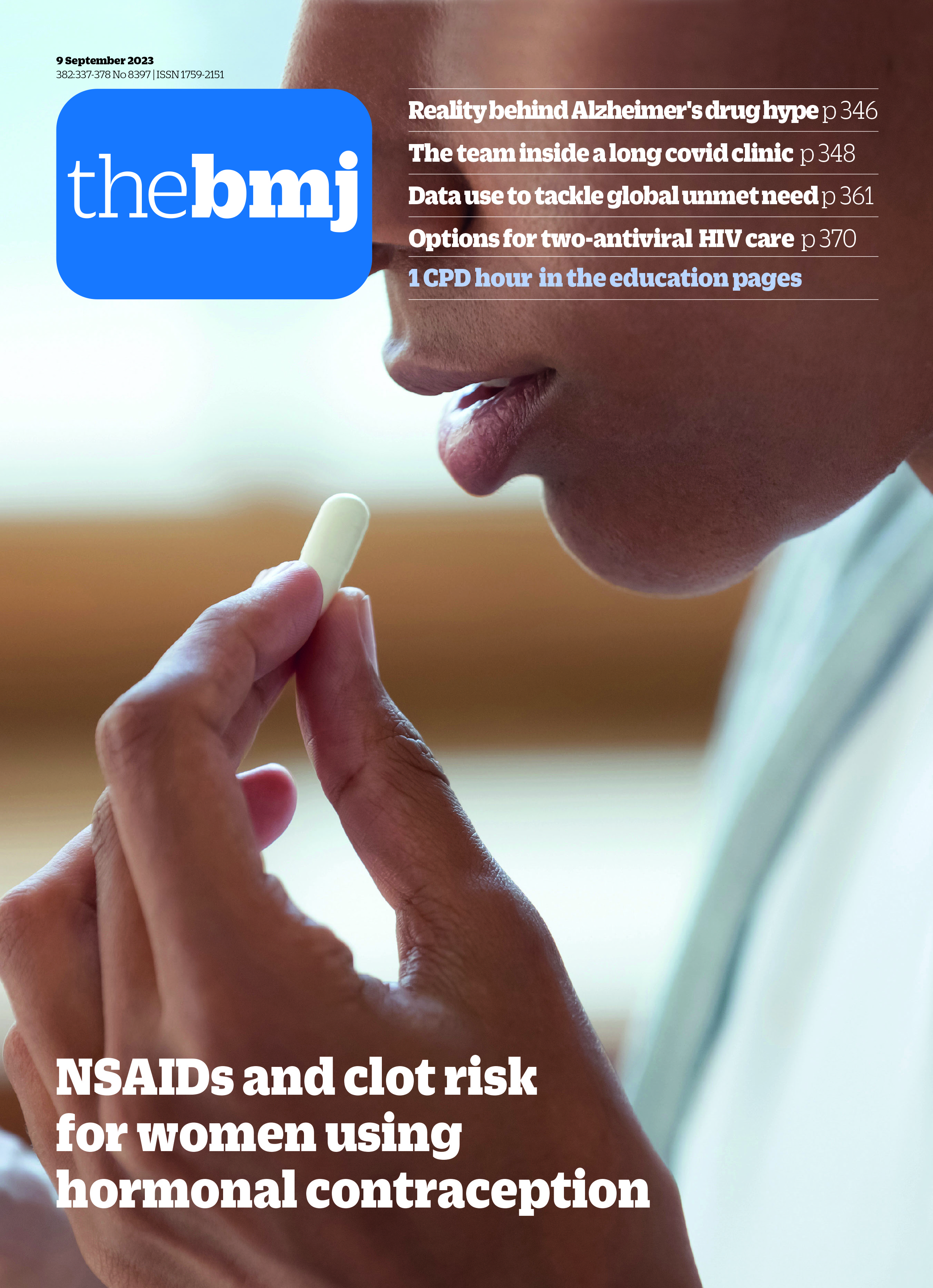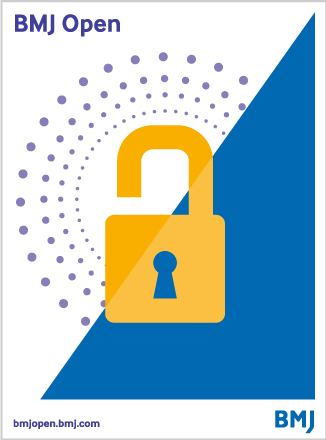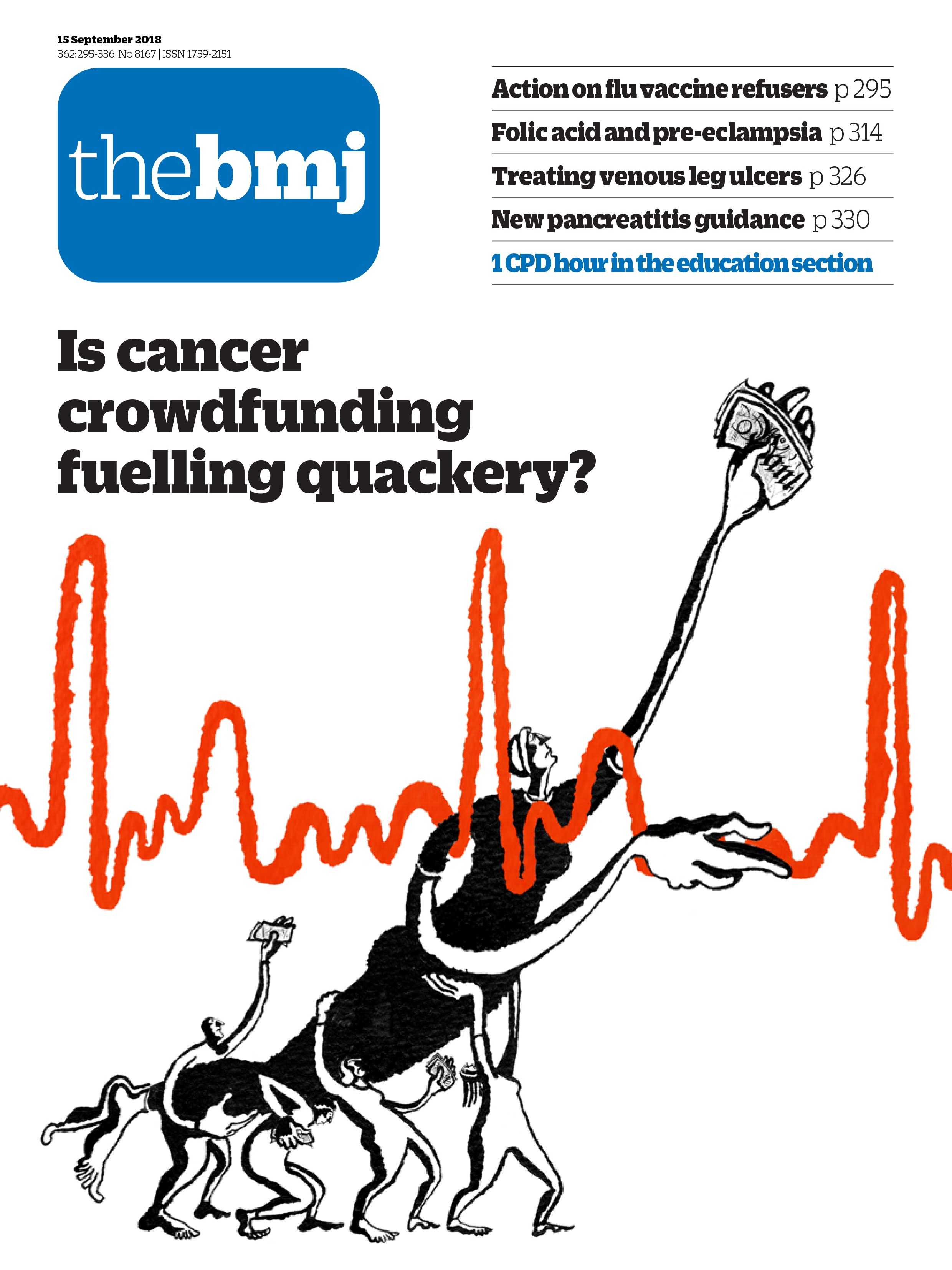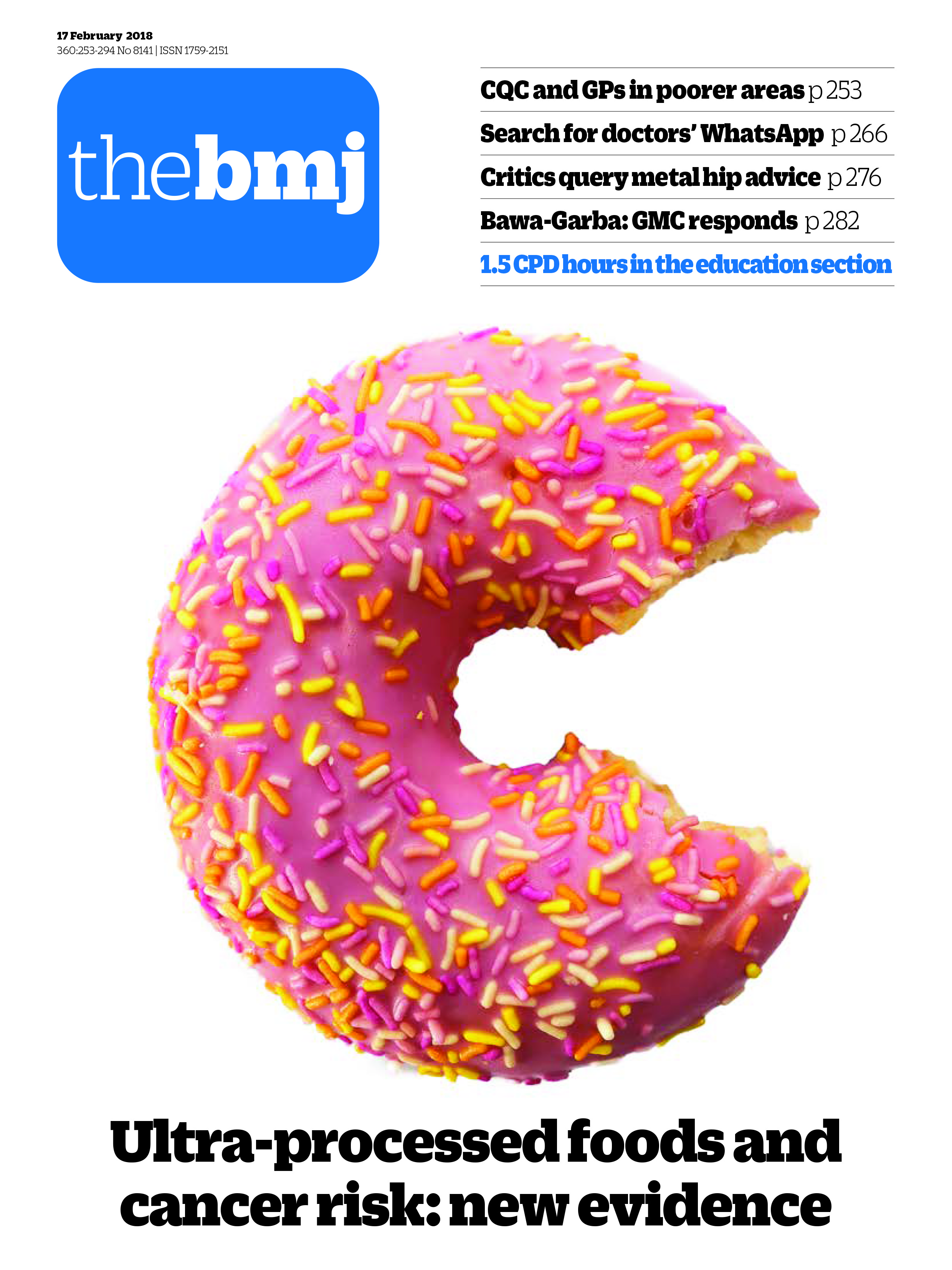Riding the Whirlwind: BMJ's Policy on Artificial Intelligence in Scientific Publishing
Riding the Whirlwind: BMJ's Policy on Artificial Intelligence in Scientific Publishing

Send us a link

Rather than arguing about the suitability of natural experimental methods to inform decisions we need to focus on refining their scope and design, say Peter Craig and colleagues Natural experiments have long been used as opportunities to evaluate the health impacts of policies, programmes, and other interventions. Defined in the UK Medical Research Council's guidance as events outside the control of researchers that divide populations into exposed and unexposed groups, natural experiments have greatly contributed to the evidence base for tobacco and air pollution control, suicide prevention, and other important areas of public health policy.1 Although randomised controlled trials are often viewed as the best source of evidence because they have less risk of bias, reliance on them as the only source of credible evidence has begun to shift for several reasons. Firstly, policy makers are increasingly looking for evidence about "what works" to tackle pervasive and complex problems, including the social determinants of health,23 and these are hard to examine in randomised trials. In Scotland, for example, legislation to introduce a minimum retail price per unit of alcohol included a sunset clause, which means that the measure will lapse after six years unless evidence is produced that it works. This has resulted in multiple evaluations, including natural experimental studies using geographical or historical comparator groups.4 Similarly, the US National Institutes of Health has called for greater use of natural experimental methods to understand how to prevent obesity,5 and a consortium of European academies for their greater use to understand policies and interventions to reduce health inequalities.3 Secondly, a wider range of analytical methods developed within other disciplines, mostly by economists or other social or political scientists, are being increasingly applied to good effect. A good example is the use of synthetic control methods …
This article discusses why scientific advice must be separate from government decisions and evaluate the autonomy and transparency of the UK's system.
Health research is based on trust. Health professionals and journal editors reading the results of a clinical trial assume that the trial happened and that the results were honestly reported. But about 20% of the time, said Ben Mol, they would be wrong.

Society deserves academic discourse that is civil, cool, unbiased, and objective - but the Covid-19 pandemic has accentuated an erosion in civility in academic discourse, leading to deep divisions being played out in social, mass, and professional media.
Richard Smith spent some time reviewing two scientific papers, and the experience has made him wonder if it is time for peer reviewers to rise up in rebellion.

Government action needed now to reduce infections and deaths The resurgence of covid-19 in the autumn of 2020 in many northern countries, including the UK, has been associated with tremendous morbidity and mortality. Before vaccination, the public health response focused on testing and population-wide restrictions, with the goal of decreasing contact between susceptible and contagious individuals. Striking and widening disparities in covid-19 related outcomes have highlighted the intersection of socioeconomic disadvantage and health inequalities, enhanced by structural racism.1234 Socioeconomically disadvantaged and many ethnic minority groups have been disproportionately affected, with increased risk of infection, hospital admission, and death.5678 Despite the vaccine rollout, many younger people, particularly those working in high exposure occupations, living in overcrowded housing, or without a home will remain subject to an ongoing burden of quarantine orders, along with a disproportionate risk of infection and onward transmission for the foreseeable future.159 An equitable and effective public health response requires the integration of supportive services to effectively decrease their contact rates and subsequently risk of infection.9 Most countries have used testing as a tool to interrupt transmission chains by encouraging isolation of contacts. However, the ability to quarantine until test results are available, and to …
The Swiss National Science Foundation (SNSF) set out to examine whether the gender of applicants and peer reviewers and other factors influence peer review of grant proposals submitted to a national funding agency.

Open Pharma, which works with pharma to drive fast and transparent medical publishing, is encouraging pharmaceutical companies to use their influence more.

Progress has been made towards reducing the 85% of wasted effort in medical research-and the huge amounts of money misspent and harm caused to patients - but there's still a long way to go, say Paul Glasziou and Iain Chalmers.

Study finds that compliance with the European Commission requirement for all trials to post results on to the EUCTR within 12 months of completion has been poor, with half of all trials non-compliant.

If clinicians are expected to change their practice based on their reading of medical journals, they need to know that the evidence in published papers can be verified.

The leaders of Elsevier have now decided that the epoch of journals will soon be over, argues the former editor of the BMJ.
A series of journalism conferences on obesity received covert funding from Coca-Cola.
Prospective cohort study of unsolicited and unwanted academic invitations.
Will F1000Research and Wellcome Open Research be replacing journals and editors?
Accessible data are not enough. We need to invest in systems that make the information useful, say Elizabeth Pisani and colleagues.
There are better solutions to the “reproducibility crisis” in research

Observational study from 1994 to 2014
Analyzing three decades' worth of PubMed-indexed abstracts, scientists find a notable increase in the frequency of positive words, like "innovative" and "novel", over time.
The data transparency revolution is gathering pace. Last month, the WHO and the Nordic Trial Alliance released important declarations about clinical trial transparency.
An interview with John Ioannidis, co-director of the Meta-Research Innovation Center at Stanford.
New research shows that most exaggeration in health-related science news is already present in the press releases issued by universities.
Definitive solutions won’t come from another million observational papers or small randomized trials by John P A Ioannidis